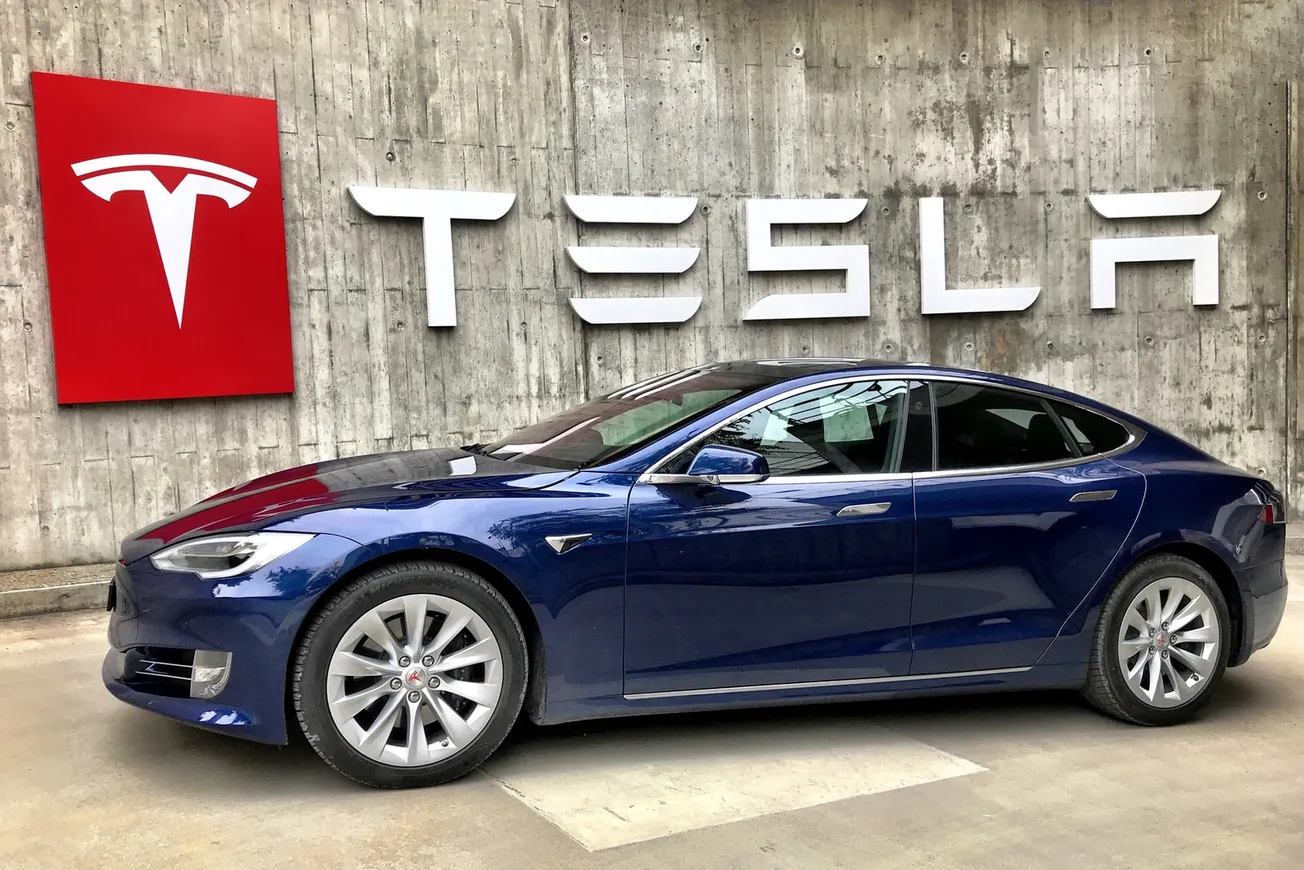Table of Contents
Patrick Carroll
fee.org
Patrick Carroll has a degree in Chemical Engineering from the University of Waterloo and is an Editorial Fellow at the Foundation for Economic Education.
Tesla’s business model is unique in many respects. From its reliance on green energy credits to its frantic pursuit of self-driving technology, there are many things that make the automaker stand out in the industry. But one of the company’s lesser known idiosyncrasies is that it only sells its vehicles directly to customers. It never goes through third-party dealerships.
The problem for Tesla is that many states prohibit or severely limit this practice, meaning Tesla owners often have to drive to a different state to buy and service their vehicles. Recently, however, Tesla found a creative solution to this problem in New Mexico.
“Tesla has opened its first store and repair shop on Native American land,” the New York Post reports, “dodging car dealership laws that have stymied its expansion plans across the country. The Elon Musk-helmed carmaker opened a store and service center [in] Nambé Pueblo, a tribal area about 25 minutes north of Santa Fe that is not subject to laws that have prevented Tesla from opening stores elsewhere [in] the state.”
“The New Mexico store marks the first time Tesla has worked with a tribe to get around state dealership laws,” the report continues. “Until now, New Mexico Tesla buyers had to pay thousands of dollars to have their cars shipped or travel to other states to pick them up. For repairs, owners had to travel to service centers in Colorado, Arizona or Texas.”
The Perils of Protectionism
While this workaround is laudable and honestly kind of funny, the fact that it was necessary in the first place is concerning. Though the laws prohibiting direct sales are sold as a way to protect auto dealerships from larger, opportunistic manufacturers, what’s really happening is that dealerships are being protected from competition.
As in all other industries, the established players don’t like to be challenged. Franchise dealerships see automakers like Tesla as a threat to their business model, and rightly so. But rather than striving to outdo Tesla in serving customers and creating value, they have simply asked politicians to make it illegal for Tesla to compete. And since politicians always seem to have a soft spot for special interest groups, they have often been happy to oblige.
But these laws don’t just hurt automakers like Tesla. They also hurt consumers, who have fewer options in their local area as a result and have to sacrifice lots of time and effort if they really want a Tesla. Just imagine what it must have been like to be a Tesla owner in New Mexico. You had to drive all the way to Arizona for a simple repair, not because that makes any sense whatsoever, but just because the local dealerships didn’t want the competition.
It’s exactly that kind of needless inefficiency that free-market advocates decry when we talk about crony, protectionist policies.
The Market Will Find a Way
Cronyism aside, what’s beautiful about this story is how it perfectly exemplifies the persistence of the market. Even in the face of crushing prohibitions, businesses will exploit every loophole and oversight to create value for consumers (and profit for themselves). Entrepreneurs do not sit around idly waiting for the law to change. They innovate, they adapt, they find workarounds, anything to get valuable goods and services to eager customers.
Of course, sometimes these workarounds need to be very creative, like putting a store and repair shop on Native American land. But creative workarounds like this are nothing new.
For example, when the District of Columbia made it illegal to sell marijuana in 2015, residents quickly used their imagination to get around the law. A T-shirt vendor included a “gift” bag of marijuana for customers who tipped really well. Another entrepreneur started a $125 cooking class to learn about cooking with cannabis. Free samples were included, of course.
Going further back, the prohibition era is also an excellent case study of the market finding all sorts of creative ways to get around the law.
But my favorite story of a creative workaround has to be Dan the Panini Man.
“A kid at my school has a panini-maker so he sells paninis to other students and everyone called him Dan the Panini Man. But the campus police people shut him down because it’s not legal to sell food if it’s not a bake sale or whatever. So now he’s Dan the Paper Towel Man and he sells paper towels, but with each paper towel purchase, you get a free panini.”
The meme appended to the story has just three words. Improvise. Adapt. Overcome.
That’s basically the motto of every entrepreneur that’s ever lived.
This article was originally published on FEE.org. Read the original article.
Please share this article so that others can discover The BFD.









